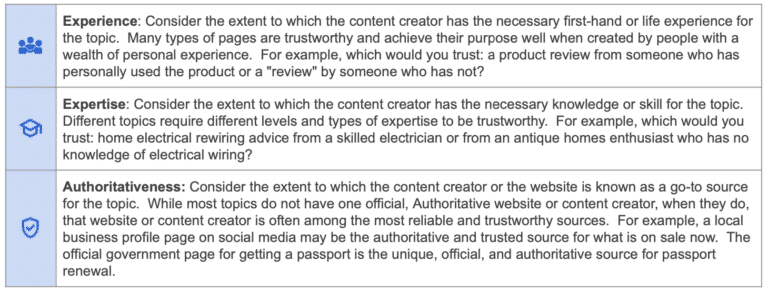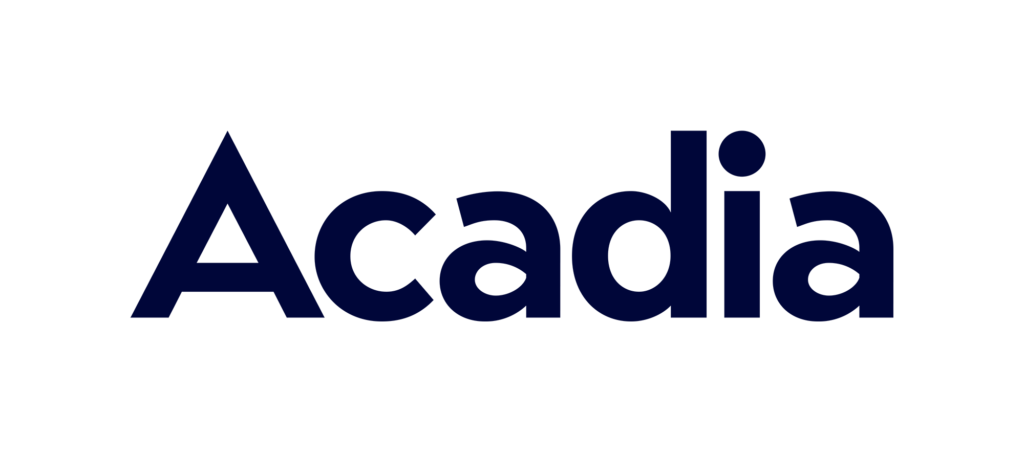Trying to figure out what will set your company apart among Google search results can be a difficult guessing game. Luckily, there’s a framework that addresses the core qualities that companies like Google look for in selecting what is shared most with their user bases. E-E-A-T stands for expertise, experience, authoritativeness, and trustworthiness—together providing a lens through which to analyze and prioritize in your company’s SEO performance.
While these have always been best practices for any company, the branding of E-E-A-T cemented itself more recently around 2018 and has since become more streamlined within marketing and content creation. So how exactly could this framework be applied to a brand needing to compete online?
Breaking down E-E-A-T

SEO has typically been seen as a quest to incorporate those magic keywords that will give you a leg up in search results. Through E-E-A-T however, Google is prioritizing companies who know what they’re doing and can prove they know what they’re doing. Knowing that users want the most accurate information, search engines are focusing more on reputability as a means to provide results that come from the bestin their respective fields. Expertise, experience, authoritativeness, and trustworthiness are all criteria that ensure that information will be most credible and of the highest standard.
As a brand, there are a few measures you can take to stand out when analyzing your SEO through E-E-A-T.
Ways to apply this framework
First, get expert content. If you’re in a medical field for example, making it clear on your site that your content is either authored or reviewed by a veritable doctor or researcher will be a visible way to prove to your audience and to Google that this information is coming from or being vetted by a top notch source.
Featuring reviews or testimonials on your homepage is another small measure that can make a big difference. The “Average Joe” perspective may be a different one than a credentialed expert, but can still contribute to the trustworthiness and authority of your site.
Stay active in other spaces. Having a strong presence on LinkedIn, for example, can be an indicator that you’re among the most relevant in your field, so keeping profiles as up-to-date as possible is an advantage.
Getting third-party support is a PR angle that can make a difference, too. If other media companies or trusted sources in your field re-blogs or refers to your content, this is another tipoff to Google that you are an authority.
No more guessing game
The days of trying to game the algorithm to get keywords to rank better are over, not just for companies analyzing their online presence, but for Google and other search engines – to the point where Google can actually penalize those who are not treating the relevance and accuracy of their content as paramount. Providing the best information possible should always be the goal, but proving this to search engines by following E-E-A-T is now becoming the industry standard.
Janine Albrecht is an SEO manager at Acadia
